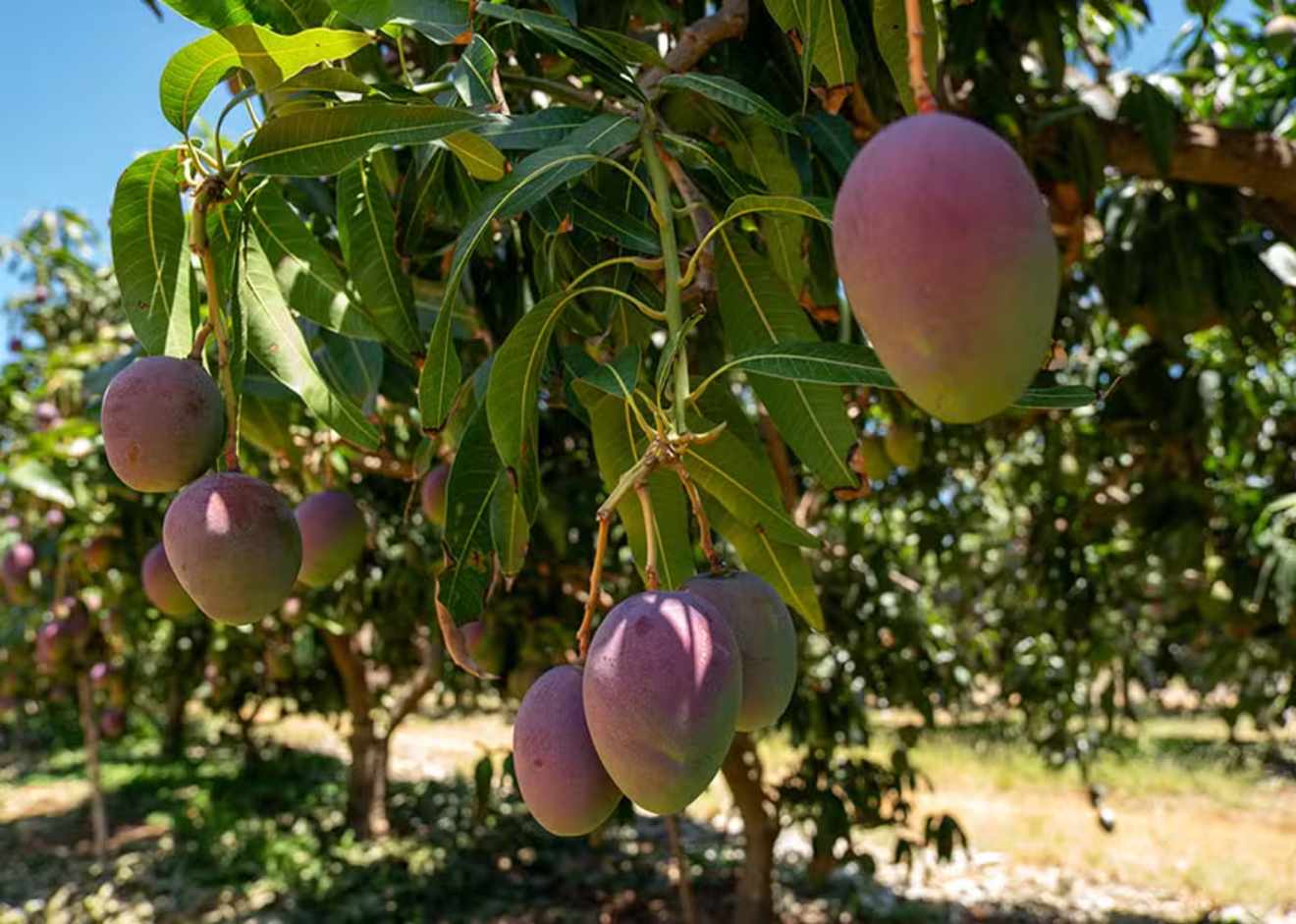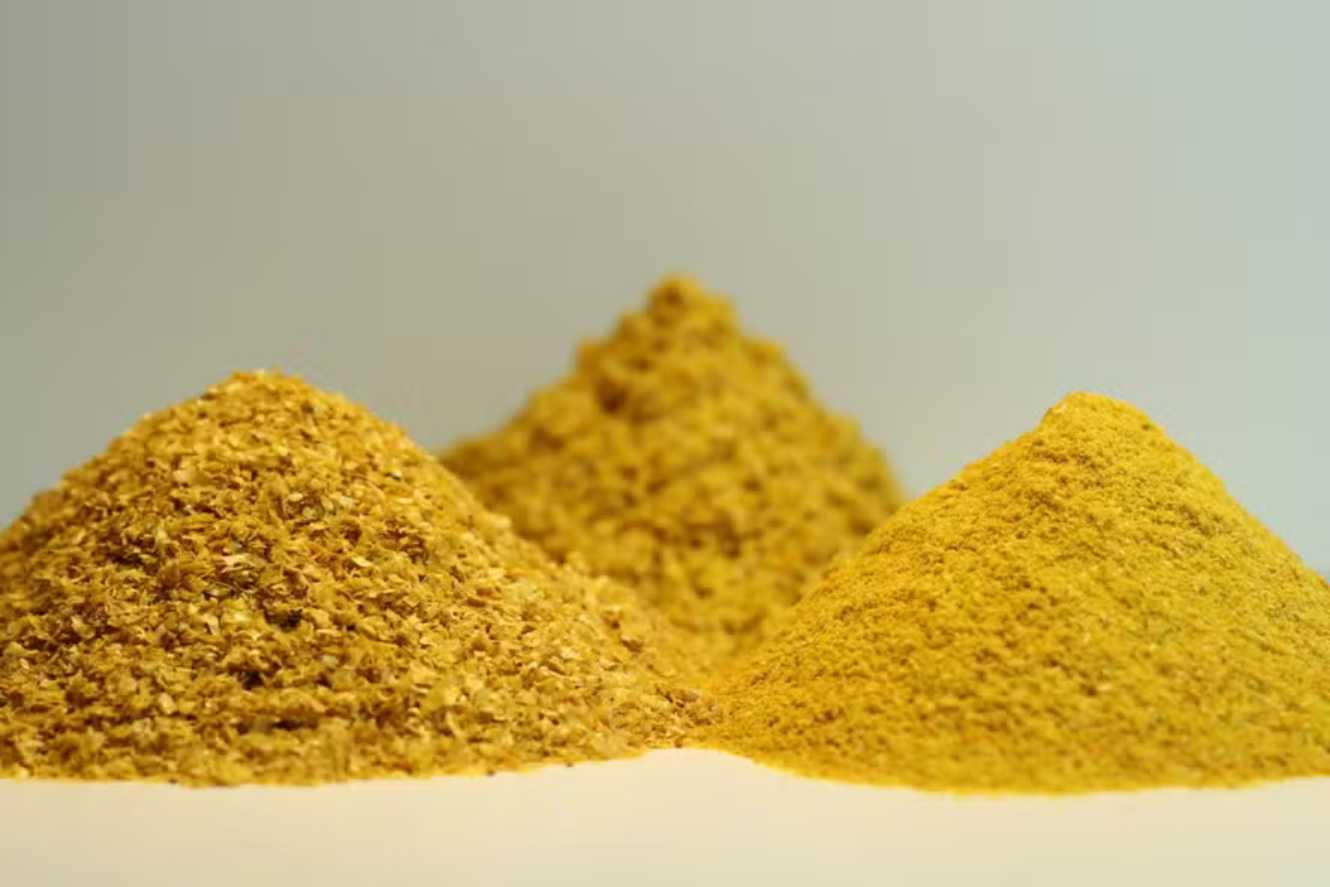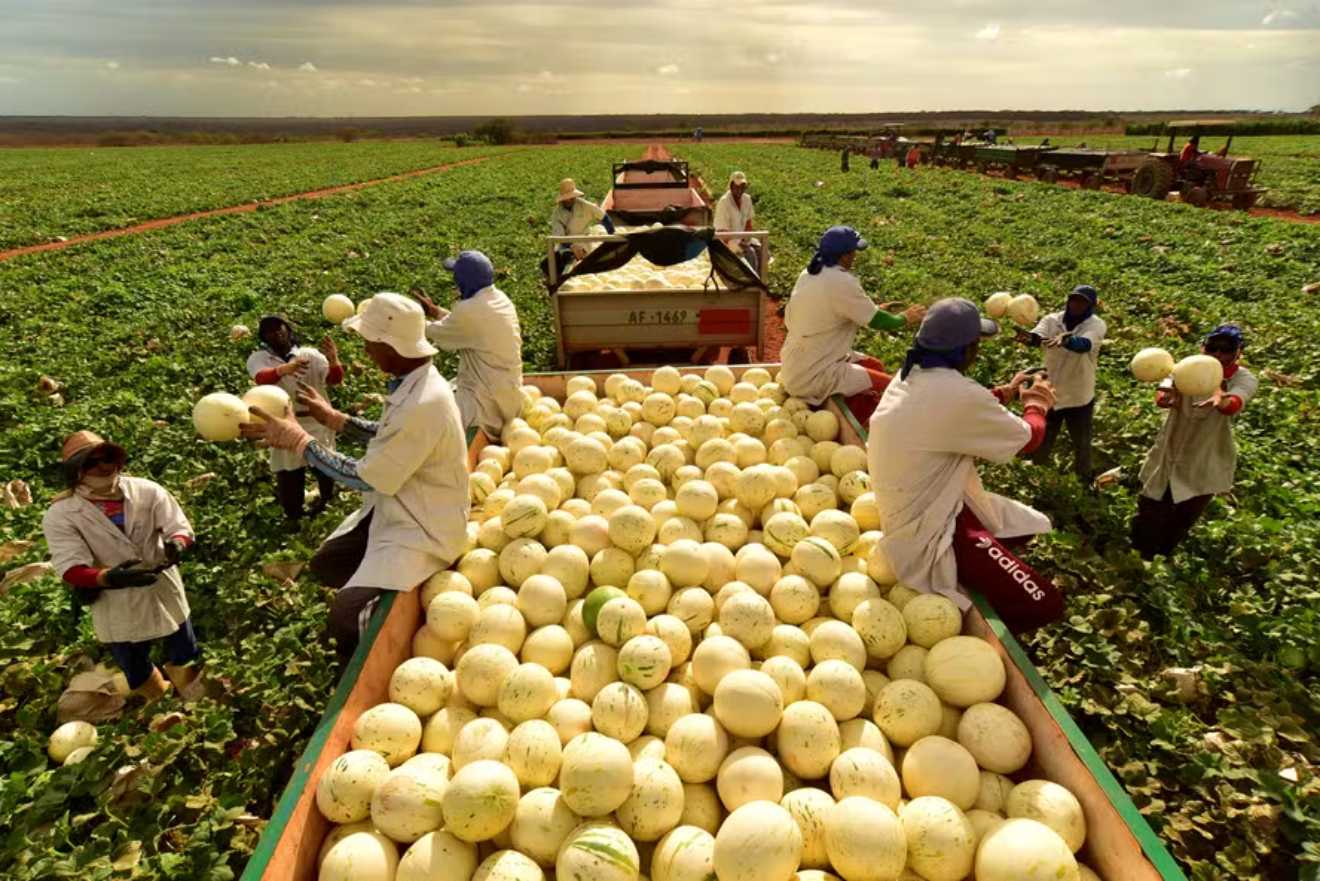Water consumption can be reduced by up to 31% for irrigating this variety
Mango orchards of the Palmer variety located in the Sub-Middle São Francisco Valley region have shown potential for water savings in irrigation, according to a study conducted by Embrapa Semiárido in collaboration with other institutions. The research revealed that it is possible to reduce water consumption by up to 31% when irrigating this variety.
The study established new crop coefficients (Kc) specific to the region’s climatic conditions, aiming to optimize water use in mango cultivation. Researchers monitored factors such as radiation balance, evapotranspiration, and soil characteristics over two production cycles, covering all cultivation phases from pruning to fruit maturation.
Magna Moura, a researcher at Embrapa, emphasizes that many producers have been using more water than necessary for irrigating the Palmer variety. This practice is especially common in areas with sandy soils, which have high drainage and low water retention capacity. The lack of proper monitoring of factors influencing water management, such as climate and the characteristics of plants and soil, contributes to this excessive irrigation.
The researcher points out that the over-irrigation is related to inadequate monitoring of the factors influencing water management, including climate, plant characteristics, and soil conditions.
“The mango tree requires precise adjustments in water management at specific stages of the production cycle. In the São Francisco Valley, techniques such as pruning, the use of plant regulators, and irrigation control are essential for stimulating and concentrating flowering. During the flowering phase, a slight reduction in irrigation is crucial to induce controlled water stress, which favors mango production throughout the year in the Semi-Arid region,” explains the researcher.
However, after this period, many producers increase irrigation beyond what is necessary in an attempt to enhance fruit size, which ultimately wastes water and nutrients that are drained to deeper soil layers.
The research indicated that with proper water management, the average productivity could reach 41 tons per hectare, exceeding the regional average.
In addition to the Palmer variety, the study also analyzed the Kent mango, which demonstrated more balanced water management. This difference highlights the importance of specific adjustments in irrigation management, as each cultivar has distinct physiological characteristics.
The research emphasizes the significance of correctly applying crop coefficients, which allows for optimizing water management and ensures the necessary amount at each developmental stage of the cultivars. This guarantees levels of production and quality of mangoes for export.
In 2023, the Semi-Arid region achieved a record mango export value of approximately $315 million, with nearly 95% of this volume originating from the São Francisco Valley region.





